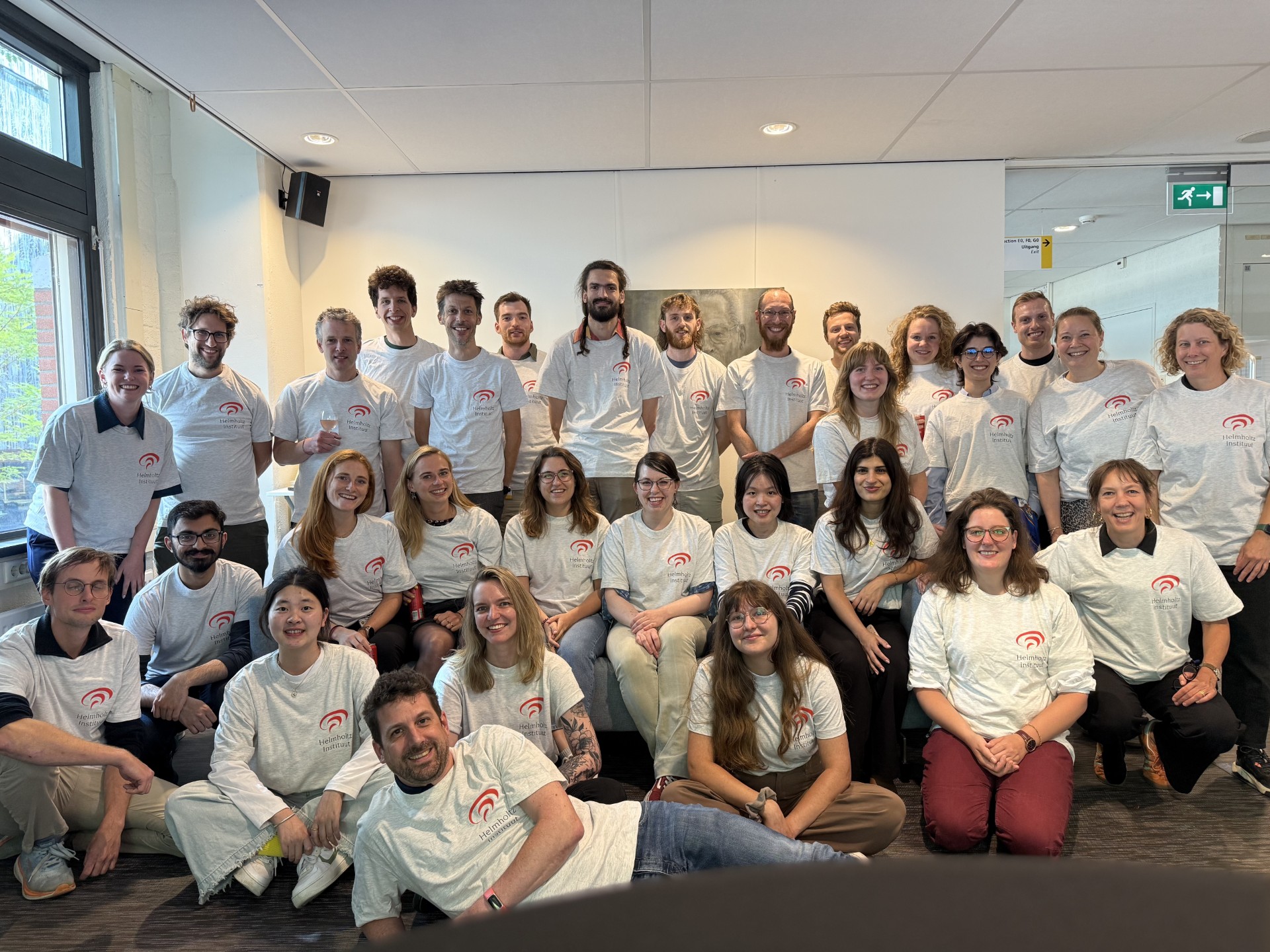Agenda
Psychology-Research lecture: David Clark (Oxford), Developing and disseminating effective psychological therapies: Science, practice and economics
You are cordially invited to attend the Psychology-Research lecture on Friday Feb 21 by
David M. Clark
professor and chair of Experimental Psychology at the University of Oxford and Oxford Centre for Anxiety Disorders and Trauma (OxCADAT).
“Developing and disseminating effective psychological therapies: Science, practice and economics” (see abstract below).
Date: Friday February 21st 2020, 15hr,
Location: Booth zaal, University Library Uithof.
More information about professor David M. Clark: David M. Clark
More information about the lecture: prac@uu.nl
In many countries there is growing interest in the identification, development, and dissemination of evidence based psychological therapies. The cognitive–behaviour therapy (CBT) movement has been particularly successful in developing effective new treatments. It has been suggested this is partly because of the close interplay between theory, experimental psychopathology, and treatment development that characterizes much of CBT research. This talk provides an illustration of such an interplay before moving on to discuss one of the world’s largest attempts to disseminate evidence-based therapies to the general public. The English Improving Access to Psychological Therapies (IAPT) program aims to vastly increase the availability of evidence-based psychological treatments for anxiety disorders and depression by training an extra 6,000 psychological therapists and deploying them in new, stepped care therapy services. Outcomes are assessed with a session-by-session monitoring system that achieves unusually high levels of data completeness. Around 600,000 patients per year are currently being seen in IAPT services. The background to the initiative, the scientific and economic arguments on which it is based, the training and clinical service models, a summary of progress to date, and future developments are described.


